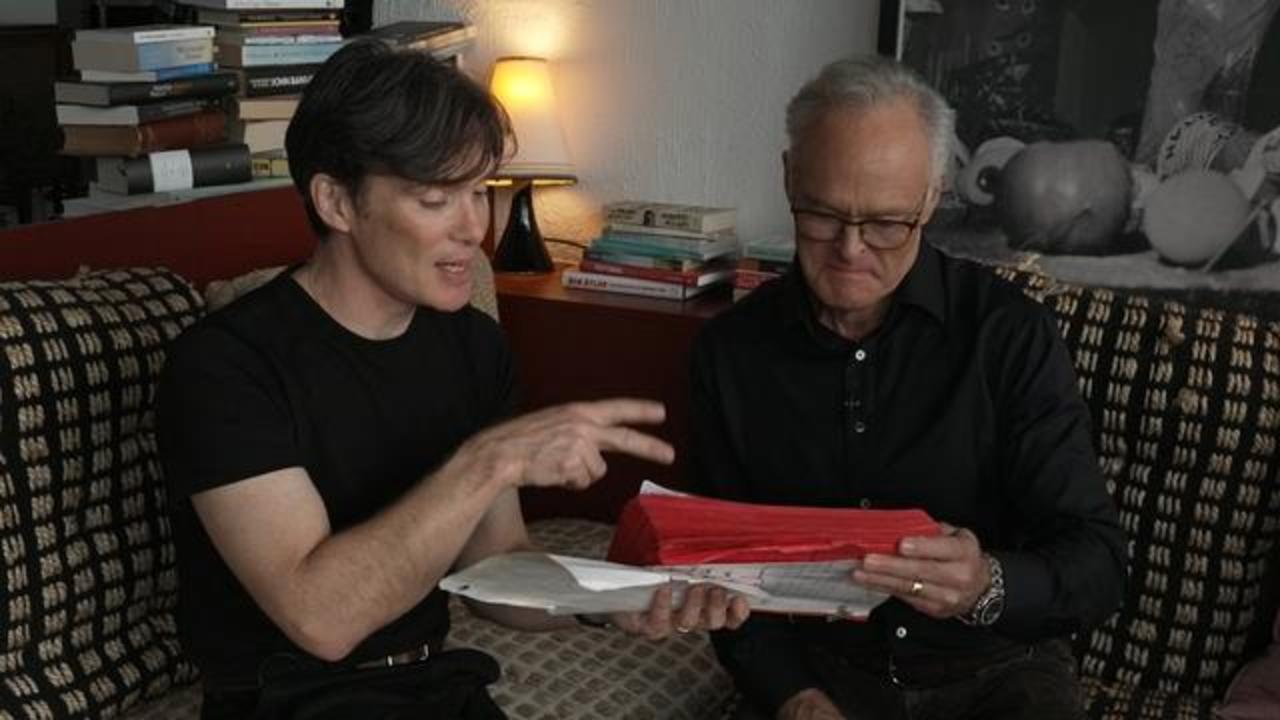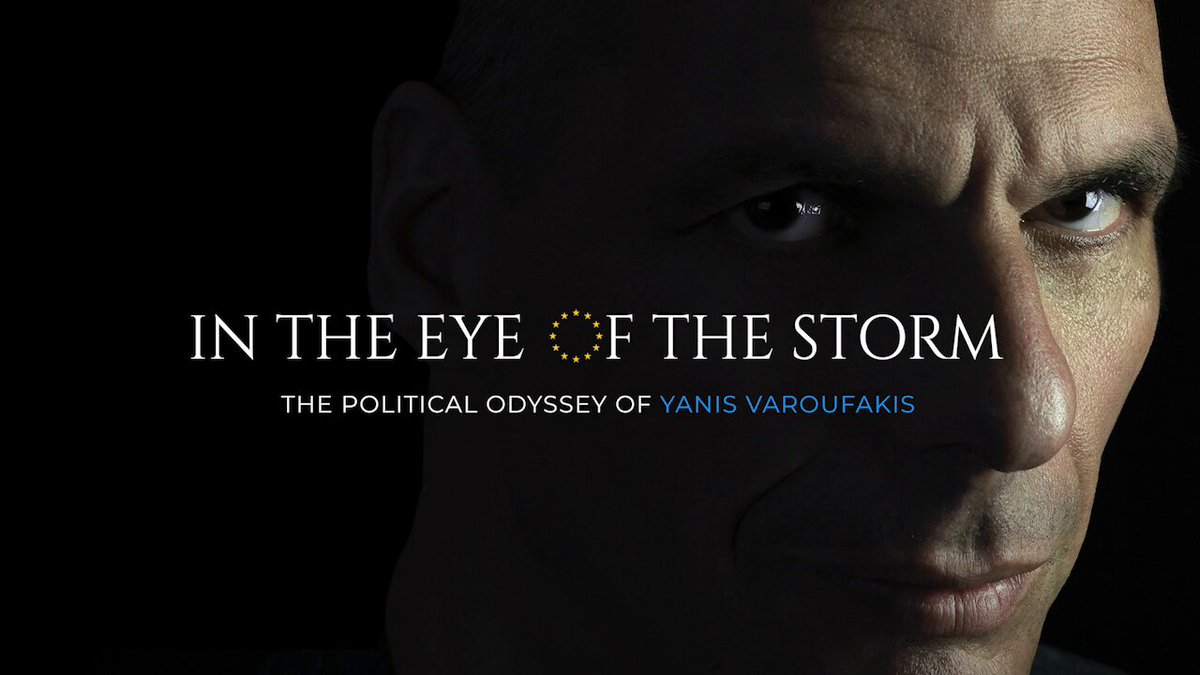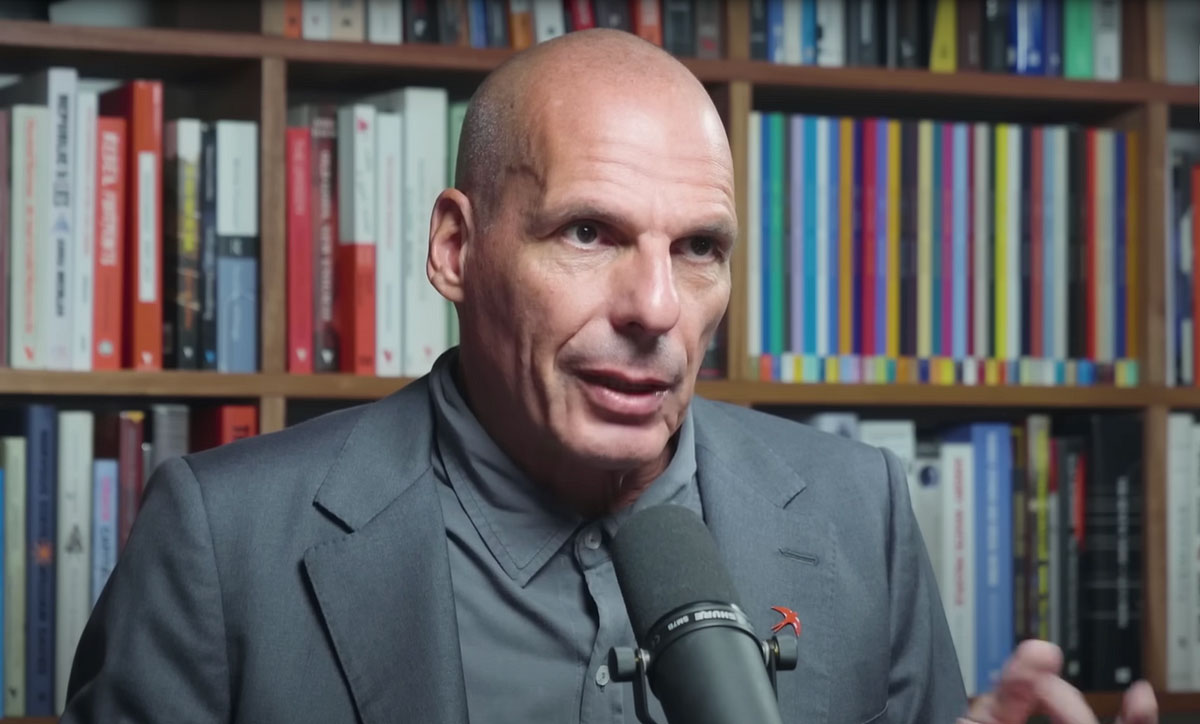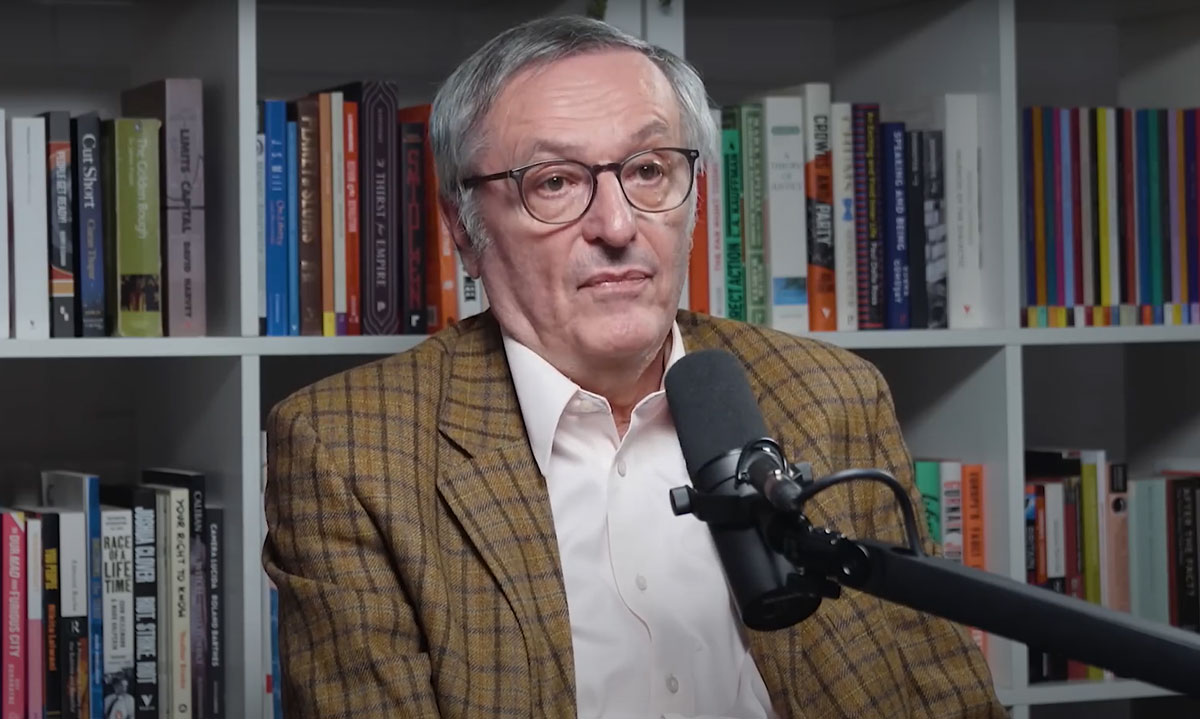Another muslim has murdered people in the name of his god. What place does Islam have in the UK? What do we need to do now when considering the safety of the UK? For some we cannot even speak the word Islam without being accused of racism/xenophobia/Islamophobia etc. Douglas Murray and Sarah Khan talk about their views on Islam post Manchester bombing.
Air date: Sunday, 28 May 2017
Jo Coburn: The revelation that the Manchester suicide bomber, 22-year-old Salman Abedi, was born in this country has raised fresh concerns about the effectiveness of the UK’s counter-extremism policy. In a moment we’ll be talking to two people who’ve spent their careers investigating radicalisation in the UK: Douglas Murray, of the Henry Jackson Society, and Sara Khan, author of The Battle for British Islam and CEO of the counter-extremism organisation Inspire. We asked both for a personal take on how to confront the problem of Islamist extremism. First up, here’s Douglas Murray:
Douglas Murray: Even after all these dead, all this mourning and defiance, still we learn no lessons. We remain stuck in the John Lennon response to terrorism – they blow us up, we sing Imagine. Our politicians still refuse to accurately identify the sources of the problem, and polite society remains silent or dumb. This country gave asylum to the Libyan parents of Salman Abedi. Their son repaid that generosity by killing 22 British people, one for each year of life this country had given him. We need to think far more deeply about all this. Eastern Europe doesn’t have an Islamic terrorism problem because it doesn’t have much Islam. France has the worst problem because it has the most Islam. Are we ever going to draw any lessons from this? Apparently not. For the time being, the game is to be as inoffensive as possible. The rot isn’t just within the Muslim communities. Consider all those retired British officials and others who shill, and are in the pay of the Saudis and other foreign states, even while they pump the extreme versions of Islam into our country. Our enemies are serious. It is high time we became serious too.
Coburn: Douglas Murray there. And now for Sara Khan’s view:
Sara Khan: Islamist extremism is flourishing in our country. We’re failing to defeat it, so what can we do about it? Whenever I say we must counter those Muslim organisations who are promoting hatred, discrimination, and sometimes even violence, I’m often either ignored by some politicians out of a misplaced fear of cultural sensitivity, or I find myself experiencing abuse by some of my fellow Muslims. We need to wake up. These groups and their sympathisers tour Muslim communities, hold events, and have hundreds of thousands of followers on their social media. Yet there is little counter challenge to their toxic anti-Western narrative, which includes opposition to democracy and human rights. I’ve seen politicians and charities partner with and support some of these voices and groups. This is nothing short of scandalous. Many anti-racist groups will challenge those on the far right but not Muslim hate preachers, in the erroneous belief that to do so would be Islamophobic. But it’s Islamophobic not to challenge them as it implies that all Muslims hold these views. Following the attack on Monday, it cannot be business as usual. We must counter those who seek to divide us.
Coburn: Sara Khan’s view there, and Douglas Murray and Sara Khan join me now. Douglas Murray, you wrote a book, Strange Death of Europe. What did you mean in your film when you say, “Let’s get serious?”
Murray: Several things. Just one example I can give you. The young man who carried out this atrocious attack last Monday night was two years a student at Salford University. He was on a campus which is, from its leadership to its student leadership, opposes all aspects of the government’s only counter-extremism programme. They not only oppose it they boast they’re boycotting it. They always did this. The university that he was at was against the only counter-extremism policy this state has.
Coburn: Talking about one event, were you? Yes?
Murray: This is just one example of a much bigger problem.
Coburn: What are you suggesting though? Shut down the University? Force them to change their policies?
Murray: Well, I think that a university, which in the case of Salford, for instance, encourages students to report racist attacks – which is quite right – but discourages them from reporting any Islamic extremism is a serious problem because…after all, if you’ve spent years telling people not to report Islamic extremism and then discover that you’ve produced a suicide bomber in Manchester, I think you should be held accountable.
Coburn: Sara Khan, what do you say to that?
Khan: I think it’s quite clear from my own experience that there have been politicians who have undermined Prevent, there have been community organisations, indeed there have been Islamist groups in this country that have been at the forefront of undermining and countering Prevent, but also wider counter extremism measures. And I think we haven’t really started getting real in recognising the fact that Islamist extremism has flourished in this country. If somebody had given us a crystal ball ten years ago when the 7/7 bombings had happened and said, ‘Look forward and you’re going to see the fact that hundreds of people leave this country to join Isis’, and we’ve had hundreds of people being convicted of Islamist offences, I think we’d have been quite shocked about the fact that things have got worse as opposed to getting better.
Coburn: Right, but, Douglas Murray, the essence of your argument when you made those comparisons between the numbers of Muslims in different countries is that we’ve got too much Islam in Britain?
Murray: Well, look. The answer that the Muslim Brotherhood and other extremist groups give is that the answer to absolutely everything is Islam. It think less Islam, in general, is obviously a good thing…
Coburn: Really?
Murray: The Islamic world…let me finish…The Islamic world is in the middle of a very serious problem and it has been going on since the beginning. And I think it is not worth continuing to risk our own security simply in order to try to be politically correct.
Coburn: Would you support that kind of policy?
Khan: No, I would disagree with Douglas on that and say, look, nobody is going to deny that since the end of the 20th century there has been a rise in Islamist extreme terror organisations. But the fact of the matter is, what’s really happening now, yes, there is a crisis within contemporary Islam, but there is a clash at the moment. There are competing claims about what the faith stands for. So, yes, while we’re seeing Islamist terror organisations, at the same time there leading religious theologians who are saying to Muslims that, for example, the concept of a caliphate is absolutely outdated and that Muslims should be embracing the Universal Declaration of Human Rights and adopting a human rights culture.
Murray: If I may just pick up on that very quickly? I entirely agree with Sara Khan that there are obviously people trying to counter this; however. I would urge us to take the long view. In the history of Islam there have been many reformers and most of the time they have ended up being on the brunt of the violence and the ones being killed. I deeply admire what Sara and other people do in this country. I want them to win. But the evidence out there is that they are not only a minority but the most beleaguered minority. Take a poll that was taken last year in this country. It found that two thirds of British Muslims said they would not report a family member they found to be involved in extremism to the police. I mean, this is a very serious problem…
Coburn: But the policies you are proposing are far more Draconian because, as you say, you don’t think they can win and the majority…
Murray: No, no. I wish that they could. I hope that they could. We should do everything we can to support people like Sara but we should also recognise that the scale of the problem out there is beyond our current understanding.
Coburn: How do you counter, Sara, radicalisation that can happen on a university campus or it can happen online? The discussion we had with Ben Wallace this morning, the security minister, about the amount of material that is out there. But if we really pursue in a hard-line way perhaps the sort of thing Douglas Murray is suggesting, then gone is freedom of speech, gone is free debate and discussion, as they will see it?
Khan: I’ve always said that the best way and the most effective way of countering extremism is through the prism of human rights. We cannot abandon our human rights to fight extremism. And I have to say where I think we are going wrong, where there’s the hole, the gap, is that the lack of counter work is actually in challenging the Islamist ideals….that when you put up your larky image there…How many people are actually going to say ‘We need to now counter that very strict anti-Western narrative, the Islamist ideals?’ That’s where we really aren’t doing enough work.
Murray: Yes, and….
Coburn: What about the human rights point though, that you cannot take away people’s human rights in order to protect ours?
Murray: I’m not suggesting that and I’m not suggesting that anyone has their human rights taken away. I’m suggesting that we do things that make sure that 22 people don’t get blown up on an average Monday again, OK? The idea that it is against human rights to ask people, for instance, to simply be opposed to people who want to blow up our daughters in a pop venue on a Monday night, that isn’t restricting human rights. It isn’t restricting human rights if you’re taking government money and you are an institution like Salford University you should be held responsible for not cooperating with the standard security measures.
Khan: I don’t disagree with that but I’m saying you can challenge extremism without having to abandon human rights, and in my organisation there’s a lot of work going on, going into Muslim communities, working with teachers. But we’re saying: We’ve got to actually counter the Islamist narrative. We are not doing enough. This is not about actually closing down free speech. This is encouraging more of us to say…and this is the most effective way of countering the Islamist narrative.
Coburn: So why isn’t it doing better?Why isn’t it reaching and spreading in the communities themselves?
Khan: There are a number of reasons. One of them is there is a denial taking place. There are a lot of apologetics taking place. Part of it is also the way we talk about Muslims in this country. We use this term ‘Muslim communities’ as if they are a homogeneous monolith when the fact is there is a very positive trend but also there is a negative trend among British Muslims, and we need to counter those who are promoting the idea that Muslims need to be part of a global, collective (?) identity.
Murray: I agree. I absolutely agrees. It’s also the case there is massive push back because a lot of Islamists in this country they are defending the faith as they see it. We think we can advise them down a better path but they think they are defending absolutely everything and e need to get real about that.
Coburn: Douglas Murray and Sara Khan, thank you very much.





1 thought on “Douglas Murray and Sara Khan on ‘The Sunday Politics’ – Full Transcript”
Sadly Douglas Murray gets something badly wrong in his first paragraph when he claims that Eastern Europe doesn’t have an Islam problem because it doesn’t have many Muslims. On the contrary, it is in Eastern Europe where you would find the oldest established Muslim communities in Europe (eg the Balkans) and long experience with and governance of West Asian Muslims (eg Russia/USSR).
They have few problems today because these are long-established communities living in a mostly tolerant Orthodox Christian region that understands and shares most of their religious sentiments, many of whom lived altogether under Communisms which hated and feared their religious citizens pretty equally. They have shared history and culture that help bind them but despite that there are still frictions, especially in the Balkans, historically and to this day. We are apt to forget them because they are frequently overshadowed by, or embedded into, the larger ethnic, religious and political struggles of Eastern Europe (Orthodoxy vs Catholicism, Communist Atheism vs religion).
France is having the most problems not simply because they have more Muslims but because they have little to no mutual culture and French Secularism is distinctly different to British or American Secularism, being strongly antagonistic to all visible expressions of religiosity and tending toward militant Atheism. It barely tolerates its own long-disempowered historic religion, and, unsurprisingly, sees no reason at all to accommodate anyone else’s.
This is precisely why Quebec, which inherited the French worldview, is having more Islam problems than English speaking Canada… and even there you’ll find that the francophone terror of anything religious far outstrips anything Muslims there have actually done to deserve such a reaction (laws forcing public secularization- aimed at Muslims but impacting any religious minorities with distinctive habits).
This is cultural baggage from La Revolution and I’d expect any British conservative to be familiar with that via Edmund Burke’s writings, and be wary of taking the same path.
British Secularism, on the other hand, did not come about through a need to oppose the control of one massive and powerful religious establishment because that had already happened to a large degree in the Reformation, which resulted in hundreds of varient and dissident Christian sects and an Anglican state church that was never powerful enough or willing enough to supress them entirely. Instead it was driven by the upheaval of Catholic-Protestant religious wars, the horror of the English expulsion of the Jews and shame over laws targeting Catholics and other religious minorities. Yet Britain still faces the task of integrating what are new communities into established communities as economics has been driving immigrants to the West for the past six decades.
The fact that Britain is in the middle of the pack in terms of Islam problems is not surprising, its exactly where anyone familiar with history and having a grasp of sociology would predict them to be. I would also predict that a sudden influx of the same young male immigrants into Eastern Europe would also create a large social problem, its just that with the established Muslims complaining equally loudly about migrant behaviour, few there would think of it as specifically an “Islam problem”.
English Canada and the US have fewer problems in part because the only truly long-established communities are the Indigenous ones who are themselves minorities today and there is no one dominant religious sect. The dominant populations are ethnically and religiously mixed groups of relatively recent immigrants. Muslims might be the newest kids on the block, but its a block where most of the houses were just built a few years ago. They are one set of immigrants among many and are found in all economic strata so they rarely provoke class resentment. They weren’t foolishly brought in as guest workers who were never supposed to need integrating, they were understood to be actual or potential citizens from the day they arrived.
There are well-enculturated conservative, liberal and even progressive Muslims here (we have an LGBT-friendly mosque in Toronto) but growing wokeness is also a problem in N. American Islam, because, as it turns out, Muslims are actually rather good at picking up the host culture when it leads to university acceptance letters and getting radicalized by Postmodernism. So, if you should ever be killed by a young Muslim in N. America it will probably be because of something written by the Critical Theorists or said by Marx, not because of anything written in the Quran, or said by Muhammed.
The real clash of civilizations is with Wokism, which is merely the latest in the long line of “armed doctrines” (to quote Burke) that have waged war on us from within, and you’ll find Muslims on both sides of the battle lines.